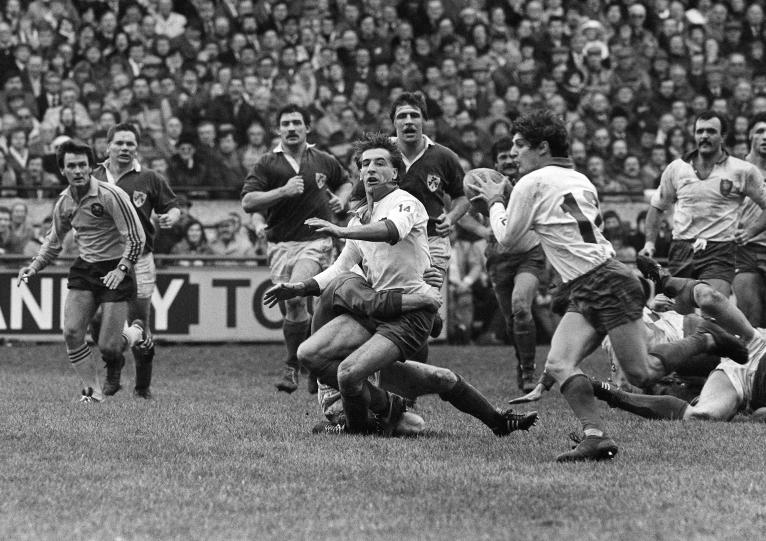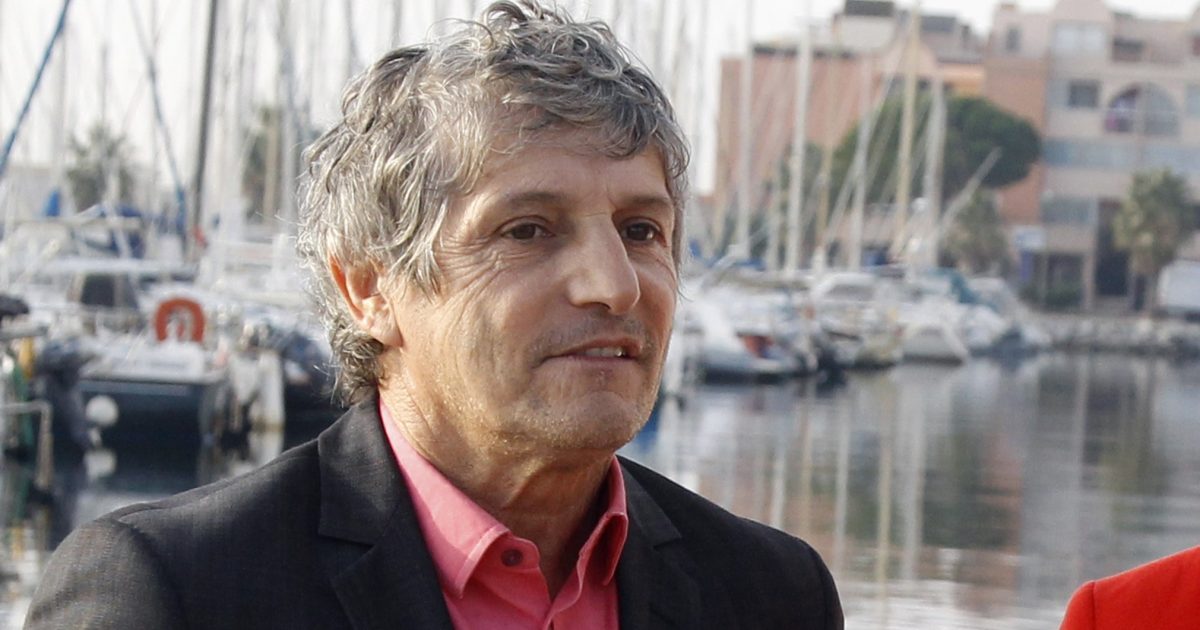Cinq choses à savoir sur Didier Codorniou, candidat à la présidence de la FFR

L’ancien international français Didier Codorniou se porte candidat à la présidence de la Fédération française de Rugby dont l’élection aura lieu le 19 octobre 2024.
Dans une longue interview accordée au Midi Olympique du 17 mai 2024, il détaille les raisons qui l’ont poussées à se présenter et notamment une volonté d’apaisement et de rassemblement.
Au contact de Serge Blanco, de Jean-Claude Skrela, de Guilhem Guirado ou de Patrick Buisson – ainsi que d’anciens de l’équipe Laporte battue par l’actuel président Florian Grill lors des dernières élections – il refuse pourtant de dire si les opposants à l’équipe en place seront sur sa liste.
Il est de Narbonne, le berceau
Il est né le 13 février 1958 à Narbonne mais c’est à Gruissan qu’il découvre le rugby. Il commencera et terminera sa carrière de joueur de rugby à Narbonne – notamment aux côtés de Jo Maso – avec qui il sera champion de France en 1979 et 1985. Entre-temps il aura intégré le Stade toulousain (champion de France en 1989) et Villefranche-de-Lauragais.
Il a plusieurs surnoms
On le surnomme tour à tour « le Petit Prince » (attribué au commentateur Roger Couderc qui le comparait au personnage créé par Saint-Exupéry avec sa chevelure blonde et son petit gabarit : 1,69?m pour 68?kg), « Codor » (abréviation de son nom) ou « le Mozart du rugby » (surnom donné par Denis Charvet avec qui il a joué à Toulouse).
Il compte 31 sélections
Didier Codorniou a été international français, jouant au poste de trois-quarts centre. Il compte 31 sélections (18 victoires, 10 défaites et 3 nuls) entre 1979 et 1987. Sa première cape, il l’obtient contre les All Blacks le 7 juillet lors d’une tournée en Nouvelle-Zélande avec Jean-Pierre Rives et compagnie. Sa deuxième sélection tombera une semaine plus tard le 14 juillet au cours de laquelle il marquera un des quatre essais pour mener à la victoire de la France (24-19). Avec le XV de France, il remporte le Grand Chelem dans le Tournoi des Cinq Nations en 1983.

Il a un passif avec la FFR
Suite à un désaccord et une brouille avec le sélectionneur Jacques Fouroux et le président Ferrasse au milieu des années 80 – on raconte qu’il réclamait une meilleure et juste rémunération des joueurs – il ne sera plus sélectionné et manquera la Coupe du Monde de Rugby 1987, la première de l’histoire, qu’il regrettera toute sa vie. Il reviendra néanmoins quelques années plus tard en tant que manager des moins de 21 ans (jusqu’en 2001).

C’est un homme politique
Maire de Gruissan (Aude) depuis 2001, élu sous l’étiquette Parti Radical de Gauche (PRG) après être passé par le PS et DVG (il a été proche de Georges Frêche). Il est également premier vice-président du Conseil régional de la région Occitanie / Pyrénées-Méditerranée, en charge de la Méditerranée. Retraité, il détient une société de holding – SAS HJBA – de laquelle il déclare ne tirer aucune rémunération.

































